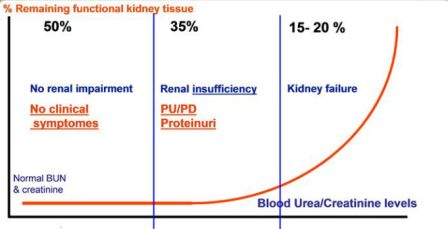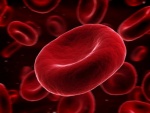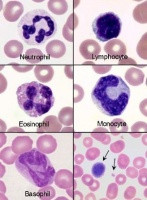Blood testing can be used to investigate disease or signs of poor health in your pet. It can also be used prior to anaesthesia, to monitor the effectiveness of your pet’s medication or screen your older pet for senior changes.
Why is blood testing important prior to surgery?
When a ‘healthy’ pet is anaesthetised for surgery the risk is small. However, if your pet is older or unwell complications can occur both during and after the anaesthetic procedure. Therefore in order to minimise the risk associated with anaesthesia, it is important to know the complete health status of your pet before the anaesthetic procedure.
Prior to anaesthesia we always obtain a complete history and perform a physical examination but other tests can be necessary to find out what’s happening on the inside. Occasionally a pet’s appearance can be misleading for example a cat can lose up to 75% of their kidney function before they show any signs of illness.
If the results of a pre anaesthetic blood test are normal, we can proceed knowing the anaesthetic risk is minimised. If the results are not within the normal ranges, we may alter the anaesthetic procedure. In some cases we may proceed as planned but provide medical support during the procedure, usually via an intravenous drip. This helps support the organs which metabolise the anaesthetic drugs helping to remove them from the system. In other cases, the test abnormalities may be significant enough to postpone the procedure in order to monitor and medically treat your pet.
Although performing these tests cannot guarantee the absence of complications, it can significantly minimise the risk to your pet and provide you and us with peace of mind.
What can we test?
Our in house laboratory can provide same day results for certain tests. This speed is essential for treating your pets.
Biochemistry
A biochemistry blood test measures enzyme levels, protein levels and waste products within the blood stream. Enzymes are chemicals which are often released in greater amounts during organ disease or infection. An abnormal result may indicate the presence of disease which can then be further investigated. There are various biochemistry tests which can be performed checking a range of organ function including the liver, kidneys and screening for diabetes.
Haematology
A haematology blood test gives an indication of the quantity and quality of all the various cells found in the blood.
These are:
- Red blood cells (Erythrocytes)
- White blood cells (Leucocytes)
- Blood platelets (Thrombocytes)
Erythrocytes
Red blood cells carry oxygen via the haemoglobin around the body. The blood test can tell us the number of red blood cells present as well as how much haemoglobin is present. A decrease in the number of red cells and/or haemoglobin indicates anaemia and can be a sign of an underlying problem. An increase can be due to dehydration.
Leucocytes
White blood cells help to protect the body against infections such as bacteria or viruses. These are divided up into neutrophils, monocytes, eosinophils, basophils and lymphocytes. The haematology test measures the number, appearance and abnormality of all these cells. The results can help diagnose infection, inflammation and sometimes cancer.
Thrombocytes
Blood platelets play a vital role in blood clotting and it is vital to maintain adequate numbers in the circulation. The blood analysis gives us a general indication of the blood’s clotting ability. If the platelet level is low it can indicate problems with platelet production or haemorrhage.
Electrolytes
The levels of Potassium, Chloride and Sodium are measured. These are minerals and electrolytes which collectively help to maintain the blood and tissue fluids in a stable and balanced state. Disturbances in electrolyte levels are often caused by vomiting and/or diarrhoea and usually need to be corrected by intravenous fluids and/or supplementation.
We are also able to offer in house ‘snap’ testing for Feline Immunodeficiency Virus, Feline Leukaemia, Canine and Feline Pancreatitis, Angiostrongylus Vasorum (Lungworm), and Canine Parvovirus.
Further testing of samples is performed at an external laboratory.
For more information please contact your local branch of Cinque Ports Vets.






